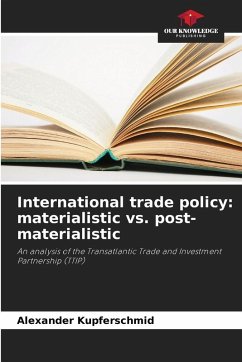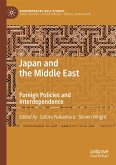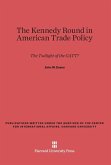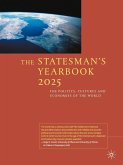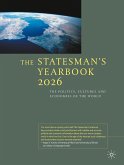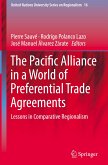International trade policy in the 21st century is undergoing far-reaching change. Whereas this supposedly bureaucratic and technical policy area was primarily viewed from an economic perspective in the past, recent developments in the field of cross-border trade also point to a "post-materialist shift". The example of the Transatlantic Trade and Investment Partnership (TTIP) not only illustrates an expansion of the existing arena of actors and their positions, but also reveals a shift in the content of the political discourse. Organised civil society interest groups are not only shaping the course of negotiations - with intangible, value-laden issues, they are also giving the discourse a new, post-materialistic dimension and pushing traditional arguments aside. In future, it will be important to take greater account of the shift in preferences from economic and physiological concerns about existence and security to psychological needs, including in the context of trade policy decision-making processes.
Bitte wählen Sie Ihr Anliegen aus.
Rechnungen
Retourenschein anfordern
Bestellstatus
Storno

